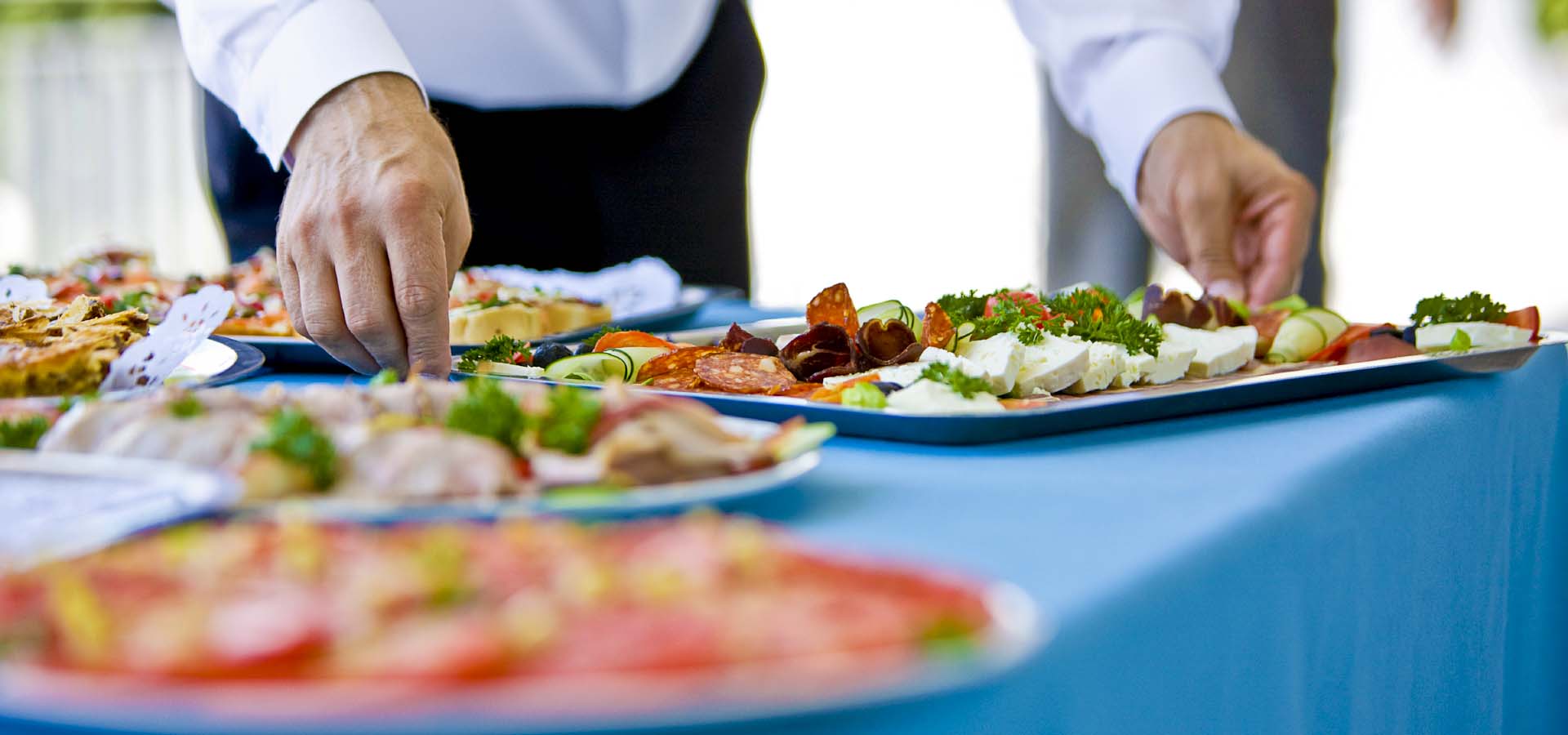LA Times Festival of Books 2019

Author: Erica Wallace
The LA Times Festival of Books features panels on various subject matters, celebrating the reader in all of us. The panel, “Beyond the Cookbook: Stories from the World of Food,” moderated by Lucas Kwan Peterson of the LA Times, offered a nuanced examination of the role of food writing in today’s society and encouragement for those seeking to read the work of journalists with moral integrity.
Despite the diversity in their new works, the intention of each panelist was seemingly the same: create more transparency for all levels of food work and consumption by honestly examining the past and making a conscious effort to be representative of food as it is experienced across cultures and classes.
Panelists Jonathan Kauffman, Matt Lee, Ted Lee, and Ruth Reichl gathered to discuss their anticipated new releases. Their respective takes on the food industry revealed unknown corners of the food world. They highlighted a necessity to carefully guide readers toward a deeper appreciation of the way food shapes and reflects our lives. Holding a mirror up to the rocky past of food writing, their works beg the question of whether we have been responsible consumers of food and of the culture that surrounds it.

Examining the darker history of food writing, if one can imagine such a concept in such a deliciously enticing world, the authors all appear to touch upon a common thread: food affects and reflects society, and not always in a positive light. To wit, Kauffman, author of Hippie Food, discussed how the evolution of the organic food movement has impacted people of all classes. Though initiated by the hippies of California as a way to connect back to real food amid the rise of mass-produced goods, this trend soon grew into its mass production, shifting from a grass-roots operation to an upper-class luxury.

Renowned food editor and author of the new memoir Save Me the Plums, Reichl discussed the bougie lifestyle of her time as Editor-in-Chief of Gourmet Magazine and how out of touch it made her feel with the realities of food for common society. Stating emphatically that she would return in a heartbeat to the commune she lived in for a decade, she touched on the history of elitism and Eurocentrism historically modeled by food critics. Notably, she highlighted how exclusive this form of journalism was to non-traditional restaurants and readers who lived below a certain means.


Referencing their new book Hotbox: Inside Catering, The Food World’s Riskiest Business, co-authors and brothers Matt and Ted Lee discussed the class barriers seen in the catering world, particularly for some of the highest society events in New York City. In addition to the unspoken turf war between restaurant and catering chefs, the brothers reflected on how flippantly money is being spent on food – which in the world of catering is often made in an empty loading dock – to elevate societal status.
On the future of food writing, the panelists discussed their collective histories and most recent works as a guide. Kauffman focused on modifying the organic movement to be accessible to all classes, sharing hopes that the capitalization of the movement by stores such as Walmart would help eliminate the class barrier. Reichl echoed her hopes of greater accessibility in food writing by way of journalists increasingly reviewing more eclectic neighborhood restaurants so that a wider base of readers can be reached. The Lee brothers shared their hope that unveiling the efforts of catering chefs would garner deeper respect for the individuals in this field and a better quality of life for their families.
The panelists offered many thoughts on how these issues are being combated today, but none more so than social media. Yelp, Kauffman, and Reichl argued, is a wonderful source of food criticism, allowing people to share honest opinions with other diners seeking a similar experience. Additionally, Reichl believed that platforms like Facebook and Instagram are excellent marketing opportunities for low-budget eateries that may not have the same media attention as more buzz-worthy establishments.

Moreover, the panelists all agreed that the changing food landscape is easing the accessibility of diverse foods to customers with the rise of food trucks and street carts. By making their businesses mobile, owners are lowering operating costs and elevating their visibility in the community. Peterson further touched on the necessity of making food writing focus on the community as he discussed the intentions of the recently relaunched food section of the LA Times. The goal, Peterson suggested, is to emphasize how the food produced by a community brings it together.
Analytically and societal-focused, each of these authors presented a fascinating examination of the shifting trends in food consumption and creation and articulated a clear responsibility to the field and their readers. Undoubtedly, their new works will implore readers to reflect on their connection with the world of food and inspire a more appreciative and community-minded approach to the relationship.
